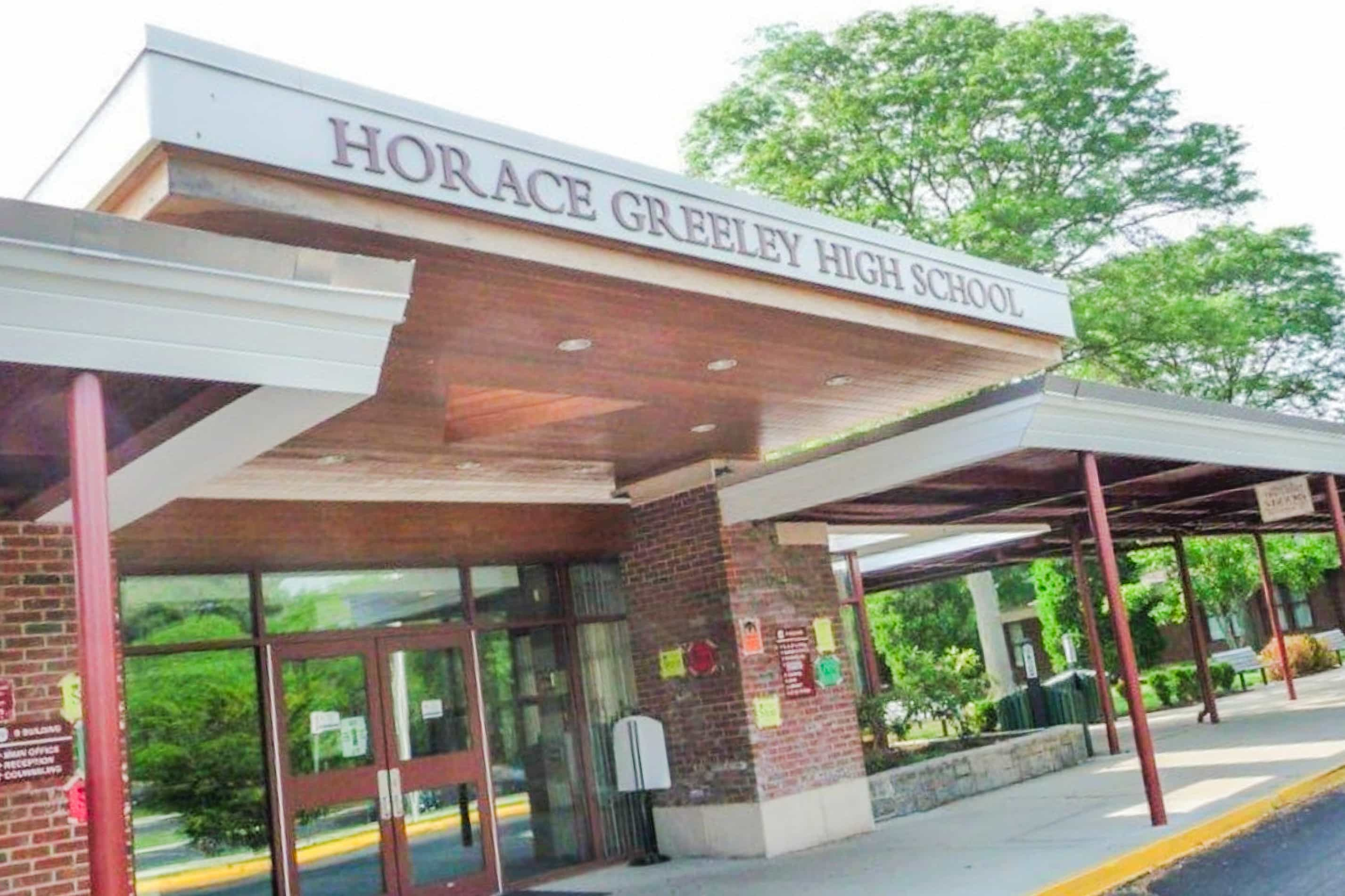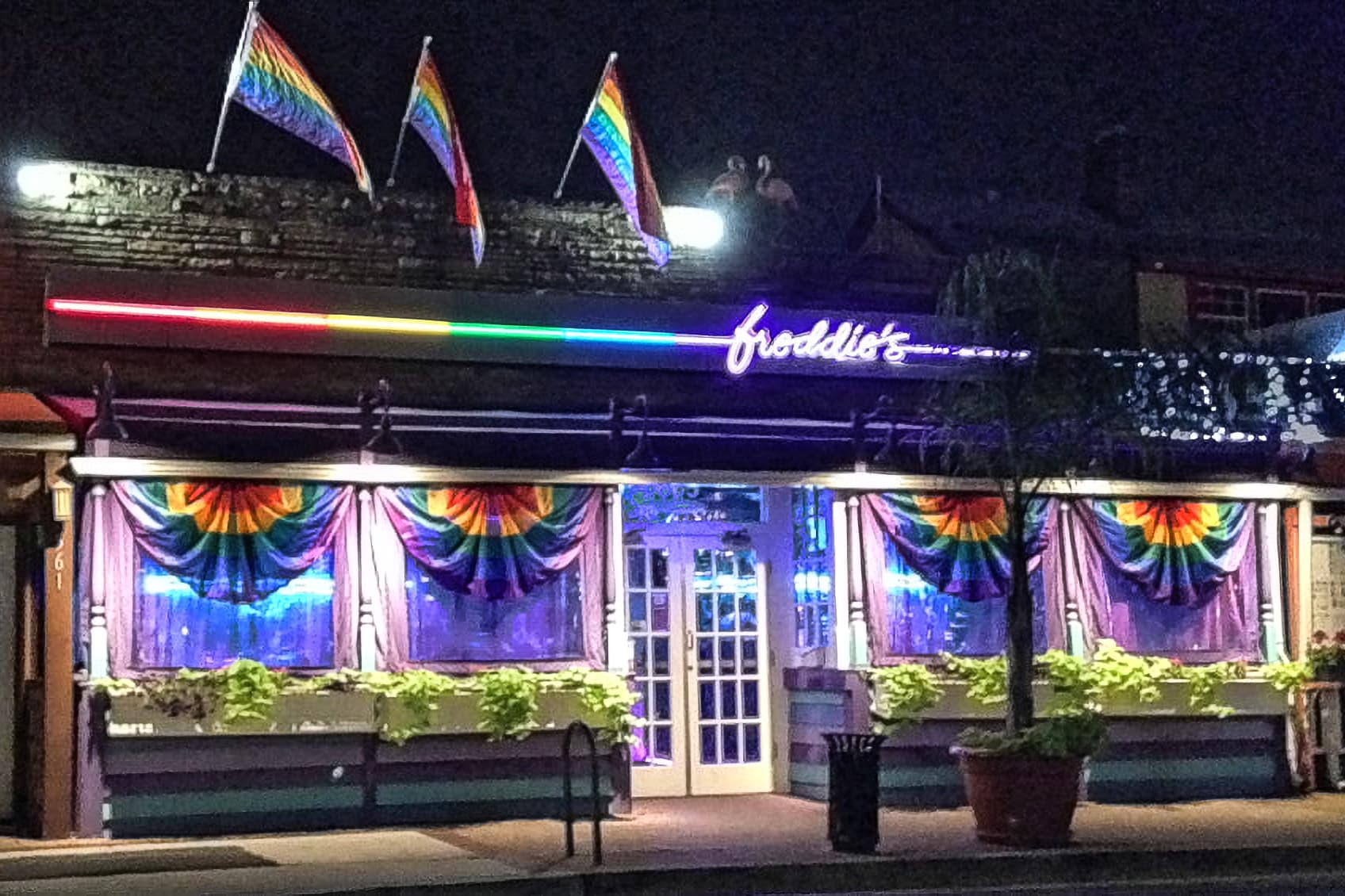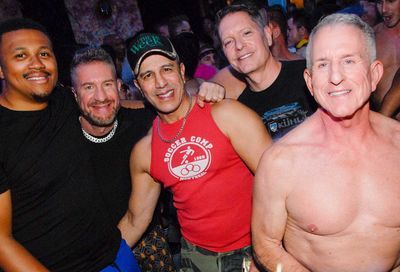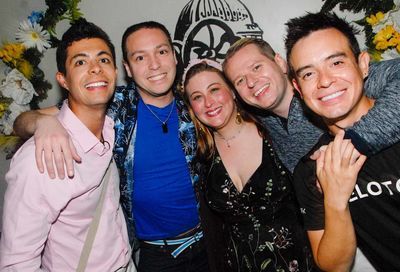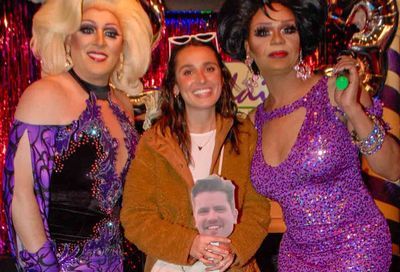Federal Judge Blocks Montana’s Ban on Drag Performances
Judge finds some of the law's provisions are likely unconstitutional because they restrict speech based on its content or a speaker's identity.

A federal judge has blocked the state of Montana from enforcing a law aimed at prohibiting drag performances in public spaces on the grounds that they are inherently “sexual” in nature.
The law, H.B. 359, signed by Gov. Greg Gianforte in May, bars “sexually oriented” performances — defined as including those involving “removal or simulated removal of clothing in a sexual manner” — in public places, in establishments that receive state funding, or in venues where they might be viewed by minors.
The law also specifically bans drag story hours where a performer “reads children’s books and engages in other learning activities with minor children present.”
Violators of the law can be fined or have their business licenses revoked, while librarians, teachers, and administrators who allow drag-related events to take place in public libraries or schools can be fined and have their licenses or accreditation revoked. The law also allows parents and children who object to drag events in restricted venues to sue performers, organizers, or the entity hosting such shows for “psychological, emotional, economic, and physical harm.”
U.S. District Judge Brian Morris, of the District of Montana, issued a temporary injunction blocking the state from enforcing the law, finding that at least some of the law’s restrictions on drag performances may violate the First Amendment’s protections for free speech and free expression. Morris warned that the measure “likely will disproportionately harm not only drag performers, but any person who falls outside traditional gender and identity norms.”
“The First Amendment does not protect obscenity. Laws regulating obscenity, however, ‘must be specifically defined.’ … Plaintiffs argue that the speech proscribed by H.B. 359 sweeps far beyond what qualifies as legally ‘obscene.’ The State conceded during the July 26, 2023, hearing that the statutory text of H.B. 359 regulates speech and expression outside that considered ‘obscene’ under Miller,” Morris wrote. “The Court agrees.”
“H.B. 359 appears to contain no requirement that, ‘taken as a whole’ and ‘applying contemporary community standards’ the regulated conduct ‘appeals to the prurient interest.’ … The statute similarly fails to require that speech be ‘patently offensive,'” Morris added.
“‘Patently offensive’ proves synonymous with ‘hard core’ pornographic materials. This type of ‘hard core’ content may include ‘patently offensive representations or descriptions of ultimate sexual acts’ and ‘lewd exhibition of the genitals.’ Finally, H.B. contains no carveout for speech or expression with serious literary, artistic, political, or scientific value,” Morris continued. “The First Amendment protects at least some of the speech and expression regulated by H.B. 359.”
Morris also found that the law likely constitutes a content-based restriction based upon the message or its speaker, which is illegal under the First Amendment.
Citing two court rulings in other states — one in Tennessee, and the other in Florida — in which judges found that overly broad “drag bans” to likely be unconstitutional, Morris found that Montana’s law is also likely to constitute a content-based or viewpoint-based restriction on speech.
“A regulation proves ‘facially content-based under the First Amendment if it “targets speech based on its communicative content” — that is, if it “applies to particular speech because of the topic discussed or the idea or message expressed,”‘ Morris wrote. “Content-based restrictions are ‘presumptively unconstitutional.’
“H.B. 359 bans drag story hours during ‘regular operating hours and at any school-sanctioned extracurricular activity’ in schools and libraries that receive any public funding. The law imposes significant restrictions on ‘sexually oriented’ performances and ‘sexually oriented businesses’ based upon broad definitions of sexual and gendered content, Morris wrote. “H.B. 359 does not qualify as a neutral time, place, or manner regulation. The Court determines that H.B. 359’s focus on the communicative content of the speakers it seeks to regulate renders it a content-based restriction.”
Morris’s preliminary injunction prohibits the state, and Republican Attorney General Austin Knudsen’s office, from enforcing the measure until the court is able to rule on the constitutionality of the law, which mimics measures in other Republican-led states that target drag shows based on the presumption that they are inherently sexual or “obscene,” or that they unduly influence children into adopting gender-nonconforming behaviors.
Emily Flower, a spokesperson for Knudsen, told CNN in a statement: “We look forward to presenting our written response and full argument at the upcoming preliminary injunction hearing to defend the law and protect minors from sexually oriented performances.”
One of the plaintiffs in the case, Montana Pride, had asked for the injunction after being denied permits for its events, which kicked off on July 30 and run through Saturday, August 5. The city of Helena indicated that it was amenable to issuing the permits in theory, but city officials feared being sued for violating the law if some of the scheduled drag performances at Pride events were allowed to take place — even if performers do not include sexual content or stripping in their acts.
Noting that Montana Pride has been in existence and holding events for the past three decades, Morris noted that “[n]othing in the record currently before the Court indicates that speech and expression associated with Montana Pride has harmed minors or any other community members.”
Following the judge’s order last Friday, Montana Pride organizers subsequently posted to Facebook, alerting is followers that all Pride events would resume as scheduled.
Other plaintiffs in the case have argued that the law already infringes on their freedom of speech or expression. One, transgender indigenous author Adria Jawort, noted that a local public library had canceled one of her lectures over fears of running afoul of the anti-drag law, with one librarian allegedly telling her: “It is too much of a legal risk to have a transgendered (sic) person in the library.”
Two independent movie theaters — both of which receive state funds — also joined the lawsuit, claiming that the law could be interpreted in a way that would prevent them from screening movies with “sexually oriented performances.” The two theaters have noted that even R-rated films can be legally seen by minors if they are accompanied by parents.
Support Metro Weekly’s Journalism
These are challenging times for news organizations. And yet it’s crucial we stay active and provide vital resources and information to both our local readers and the world. So won’t you please take a moment and consider supporting Metro Weekly with a membership? For as little as $5 a month, you can help ensure Metro Weekly magazine and MetroWeekly.com remain free, viable resources as we provide the best, most diverse, culturally-resonant LGBTQ coverage in both the D.C. region and around the world. Memberships come with exclusive perks and discounts, your own personal digital delivery of each week’s magazine (and an archive), access to our Member's Lounge when it launches this fall, and exclusive members-only items like Metro Weekly Membership Mugs and Tote Bags! Check out all our membership levels here and please join us today!




